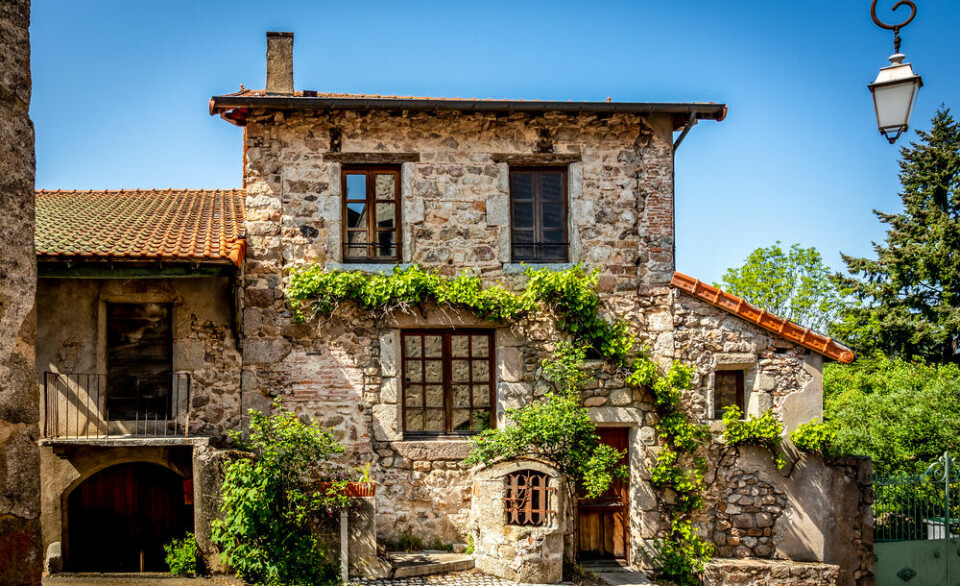Can I move from the UK to France with houseplants?
There are strict regulations since Brexit
Can a houseplant to re-homed in France?
dropStock/Shutterstock
Reader Question: I am moving permanently to my second home in France, and want to bring some of my favourite plants with me. I have heard it is almost impossible to import plants. Is this true?
Answer: Post-Brexit restrictions on imports – that treat incoming plants and products from the UK as non-EU – are very strict.
Almost all types of plants – including houseplants – need to be accompanied by a phytosanitary certificate, when bringing them across the border.
This is the case for both personal and commercial use, and includes anything brought in personal luggage such as suitcases.
In addition, bringing soil into the EU – except for certain peat and coconut fibres that have not been used for growing plants, or where the soil has been subject to a special treatment – is restricted, generally preventing you from bringing over anything that has already been planted.
Read more: Can I bring snacks or finger food on the ferry from the UK to France?
Plants that have not yet been planted into soil are subject to standard regulations, and will still need a certificate, alongside most vegetables, fruits, seeds, grains, bulbs, tubers, and roots.
Only five types of fresh fruit – pineapple, banana, coconut, durian and dates – are not subject to import restrictions. Some frozen fruit for personal consumption may also be allowed.
Depending on where you are bringing your plants from in the UK – each of the four constituent countries has their own authority to contact – you can ask if your plants will need a phytosanitary certificate, but as mentioned, it is likely you will need one.
To receive a certificate, each product needs to be examined by an inspector.
An inspection costs £127.60, the cost of a 30-minute appointment (regardless of how long each appointment takes).
Every additional 15 minutes will be charged £63.80, even if you do not use the entire 15 minutes for the inspection.
The certificate itself costs £25.52, and you may need to pay additional fees for amendments, laboratory samples, and for submitting paper versions of the form.
What are my alternatives?
Due to the increased costs, most people recommend that you should just re-purchase plants when settled in France.
Common plants and seeds can be bought in plant shops and bricolage stores.
If you want rare plants, you can buy fully-grown plants or seeds from a company, which will deal with the administrative tasks of importing for you.
More information here.





























